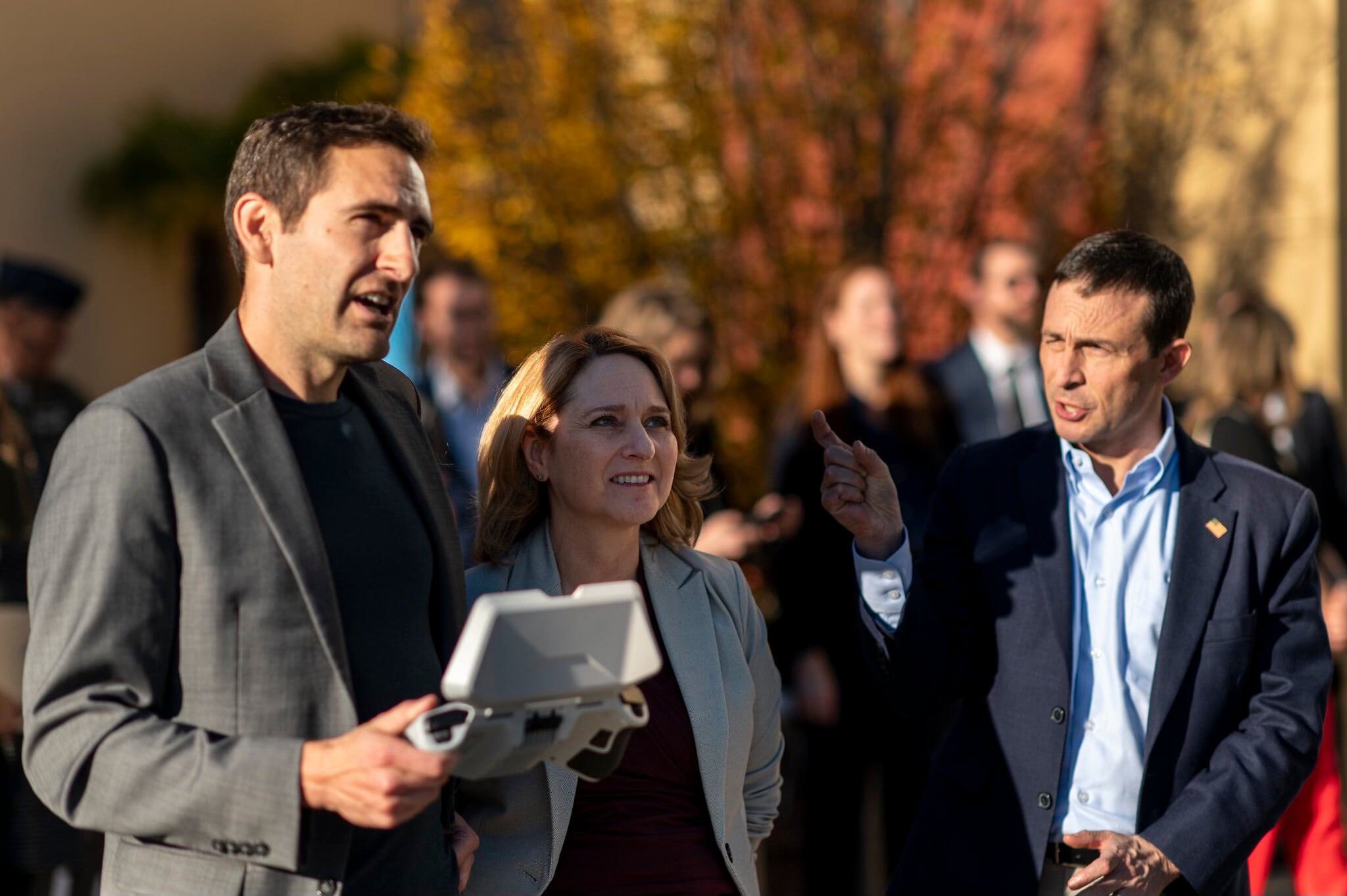The Army of the future will be leaner and that means junior officers will have more responsibility and more capability in their hands, a top Army general said Aug. 21.
Lt. Gen. Theodore Martin, deputy commanding general of Training and Doctrine Command, said in future wars a platoon or company may be the unit that takes action.
Martin, speaking at the TechNet Augusta conference, said that units have become smaller since World War I. Then, the U.S. military fought with huge field armies. World War II was fought with armies and corps, the Korean and Vietnam Wars were fought primarily with divisions, and the modern counterinsurgency wars have been fought with brigades, Martin said.
With a potentially smaller, and leaner, structure, the junior officers that will command these units will have have capability within their power.
“The type of assets that now reside at the brigade level, my grandfather … if he were alive today [he] would be totally flabbergasted by what a colonel can bring to bear on the battlefield under his or her own authorities,” Martin said. Brigades today are led by colonels.
In the future, Martin envision a lieutenant who will have grown up in a multidomain world with an education in the Army that is much different than that of today, and which prepared him or her for the future fight. Army leaders will expect that a platoon will take advantage of electronic warfare, cyber and information operations.
This could mean the platoon will throw an electronic warfare grenade that will blind enemy mission command systems, jam radios and block similar attacks to keep friendly radios online. Then, as the platoon gets closer to its objective, perhaps they will send an email to the enemy commander saying something like their wife is cheating on them or their bank account has been emptied, as a way to create an additional distraction, Martin said.
Martin acknowledged this vignette seems a little far-fetched, but in the multidomain battlefield “that’s what we’re going to be facing and it’s a race to capability,” he said.
Mark Pomerleau is a reporter for C4ISRNET, covering information warfare and cyberspace.







